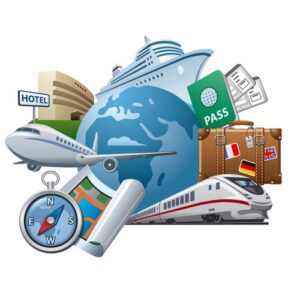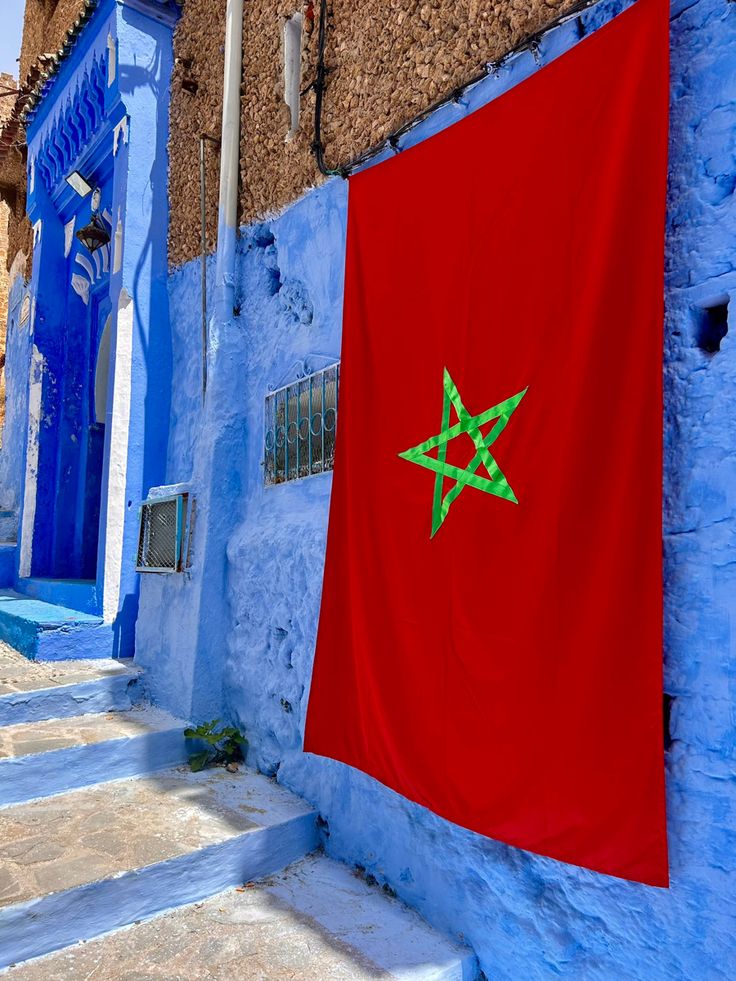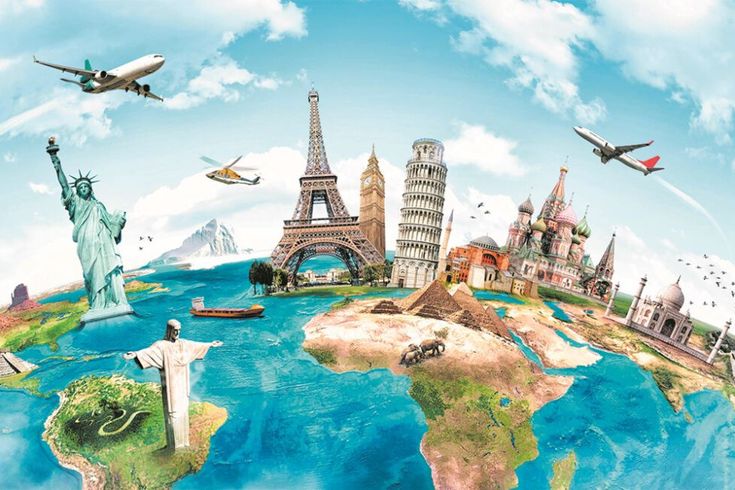The current trend of traveling to Turkey, a Eurasian country, due to its accessibility through visas and low prices supported by its national airline, contrasts significantly with the high cost of traveling within the African continent, to destinations such as Tunisia or some nearby paradisiacal islands.

In the tourism sector, competitiveness requires a significant increase in quality and highly competitive prices. It is crucial not to confuse the concepts of quality and luxury, which are differentiated in quality management. Improving quality and reducing prices, in a context of intense competition, is only possible with considerable effort from companies in resource management and strong cooperation between the public and private sectors to maintain high standards of service and environmental preservation in tourist destinations. This task is particularly challenging, where human resource training plays a fundamental role.
The globalization of tourist markets, costs in emerging destinations, and reduced transportation have increased competition and destination options. A competitive strategy based solely on price triggers dynamics that are difficult to change, where a decrease in costs can generate larger business volumes but also unsustainable environmental and social consequences. Consumers seek differentiated and higher-quality offerings, making excellence in products and services crucial for business success and competitiveness.
It is important to note that tourism has two levels of competition: within a tourist area and between tourist destinations. Local competition distributes market share among companies based on the services offered, but an opaque offer can generate dissatisfaction among tourists and affect the perception of the destination as a whole. Therefore, it is crucial that local competition offers quality services.
However, quality is not limited solely to tourism companies. The tourist destination also includes public services, the attitude of the inhabitants, businesses, infrastructure, etc. Dissatisfaction with any element of the tourism system can affect the overall perception of the destination. Implementing a quality strategy benefits both tourists and businesses and the destination as a whole.
Relying on price should not compromise quality, and improving quality does not necessarily imply an increase in prices. The real question is finding the balance between quality and price in trips to destinations such as Chefchaouen or Marrakech. Ultimately, the quality of the tourist experience is what really matters and should be the primary objective when planning any trip.






